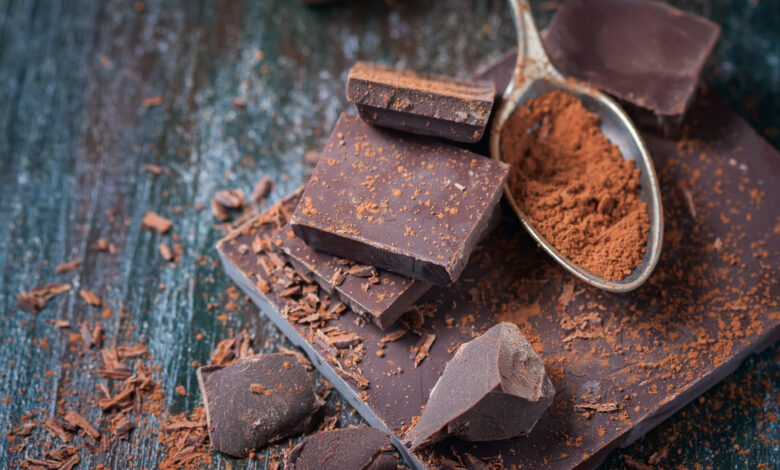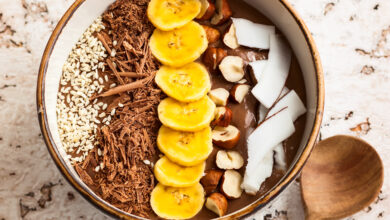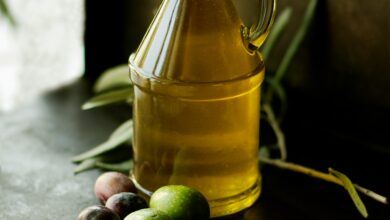Chocolate, the Fountain of Youth?

People often have a strong emotional relationship with chocolate, it is offered up to children to relieve their tears, it can be shared with a friend to help mend a broken heart, and it is renowned as a mid-afternoon pick me up, but is there more to it? Is chocolate more than just a delicious sweet treat?
When we think of chocolate it usually invokes feelings of decadence and indulgence, the scent and mouth feel of chocolate is unmistakable. Chocolate features in some form on almost every menu and in every home around the globe. We awe at the wonderful creations conjured from the cocoa bean; edible sculptures, fudge, mud cake, mousse, sauce, and the classic ‘hot chocolate’ are enjoyed at all times of day by young and old alike.
Historically chocolate had been used as a form of currency, and as far back as 450BC there is evidence of fermented cocoa bean beverages being enjoyed by many cultures. Until modern times chocolate was celebrated around the world as a bitter beverage, today however, is it almost always heavily sweetened with some form of sugar.
The medicinal history of chocolate dates back to at least the 1500’s. Concoctions and remedies existed for a huge variety of ailments from infections and coughs, to angina, fatigue, gout and syphilis. Whilst many of these historical claims have since been debunked, today’s scientific evidence of the cocoa bean’s medicinal properties is still very impressive.
The fats, fibre, minerals and active compounds found in the cocoa bean have many powerful health affects throughout the body. Dark chocolate is recognised as having anti inflammatory, anti oxidant, cardio protective and neuro-protective qualities.
Dark chocolate winds back the clock on ageing, protecting the heart and brain.
There are rafts of active compounds found in the cocoa bean that have profoundly positive health effects. These compounds are known collectively as polyphenols, and there are over 8000 different types of polyphenols existing across the plant world. The polyphenols in the cocoa bean have been widely studied and the powerful results may help to explain why hundreds of years ago physicians and healers referred to the cocoa bean as a drug.
Chocolate for your heart.
We now know the compounds in the cocoa bean are capable reducing blood pressure and inflammation, reducing LDL cholesterol, and may even help to prevent the formation of blood clots.
Dark chocolate also contains significant levels of magnesium, potassium and copper for additional cardio support.
Chocolate for brain health.
Dark chocolate has been associated with a decreased risk of cognitive disorders like Parkinson’s and Alzheimer’s and depression. The active compounds in dark chocolate have been shown to increase blood flow to the brain and protect neurons (brain cells). There may even be an anti ageing affect on the brain, reducing age-related memory and cognitive decline. For those that crave chocolate just the smell and colour of chocolate can enhance their mood.
So with all of these positive health benefits what do we need to look for when taking this food as medicine approach with the cocoa bean. Ideally the medicinal use of chocolate requires the consumption of good quality dark, bitter chocolate or hot chocolate made with cocoa powder and minimal sugar. If you are currently a sweet, milk chocolate lover I suggest a slow transition over to 80% dark chocolate or alternatively make your own rich hot chocolate and reduce the sugar over time.
What about my current medication, is chocolate safe?
Cocoa is generally considered to be safe however there is caffeine naturally occurring in cocoa so caution should be taken if caffeine is not recommended. If in doubt please discuss any personal health concerns with your doctor.
Need some inspiration cooking with chocolate?




